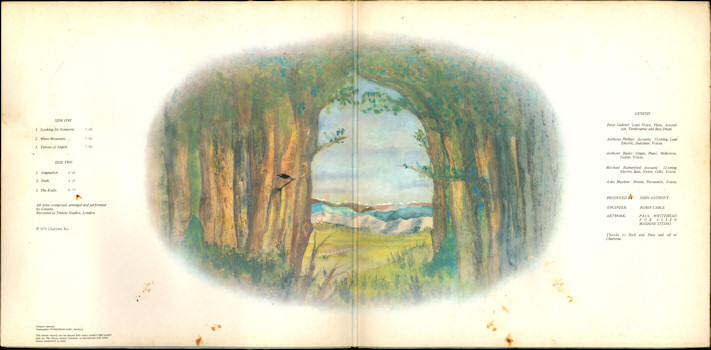Lost somewhere in the dark land between proto-prog, blues, beat and psychedelic rock, Mother's Love were a challenging Dutch band whose music had acid edges and sweet acoustic parts. This track comes from their only album "Take One" and shows how eclectic their inspiration could be. The flute meets a liquid bass line and good vocal harmonies, while the song pattern includes some changes and an unusually shuffling sung theme.
How many musical treasures are the Sixties still hiding?
Floris Kolvenbach's vocals are among the highlights of "Mad Man's Worries", full of passionate and crazy-like passages and finally merging into the chaotic finale. One again, this is not exactly what we call prog rock, but it includes all that open minded approach that subsequently would provide the perfect culture medium for the new genre.


